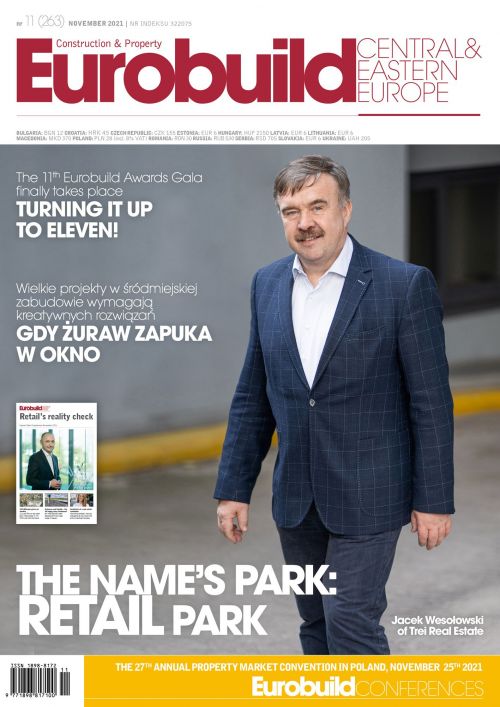From recent declarations by the Polish Association of Developers, I take it that you’re not particularly keen on the tax changes proposed under the Polski Ład [New Polish Tax Deal] programme.
Konrad Płochocki, the vice-president and managing director of the Polish Association of Developers (PZFD): I don’t think any industry is in favour of more taxes being imposed on them by the government, but the Polski Ład programme will hit the real estate sector hard – especially the PRS segment, which is one of my main concerns and one that is shared by many of our members. The proposed measure to exclude homes from depreciation will mean higher costs and lower investment returns, and this is certainly going to harm the rental market in Poland, which is currently booming. This is quite a shocking turnaround in government policy. Because – and let’s remember – under the National Apartment Programme of 2016 the remedy for the lack of housing in Poland was to help create a strong ren





























































